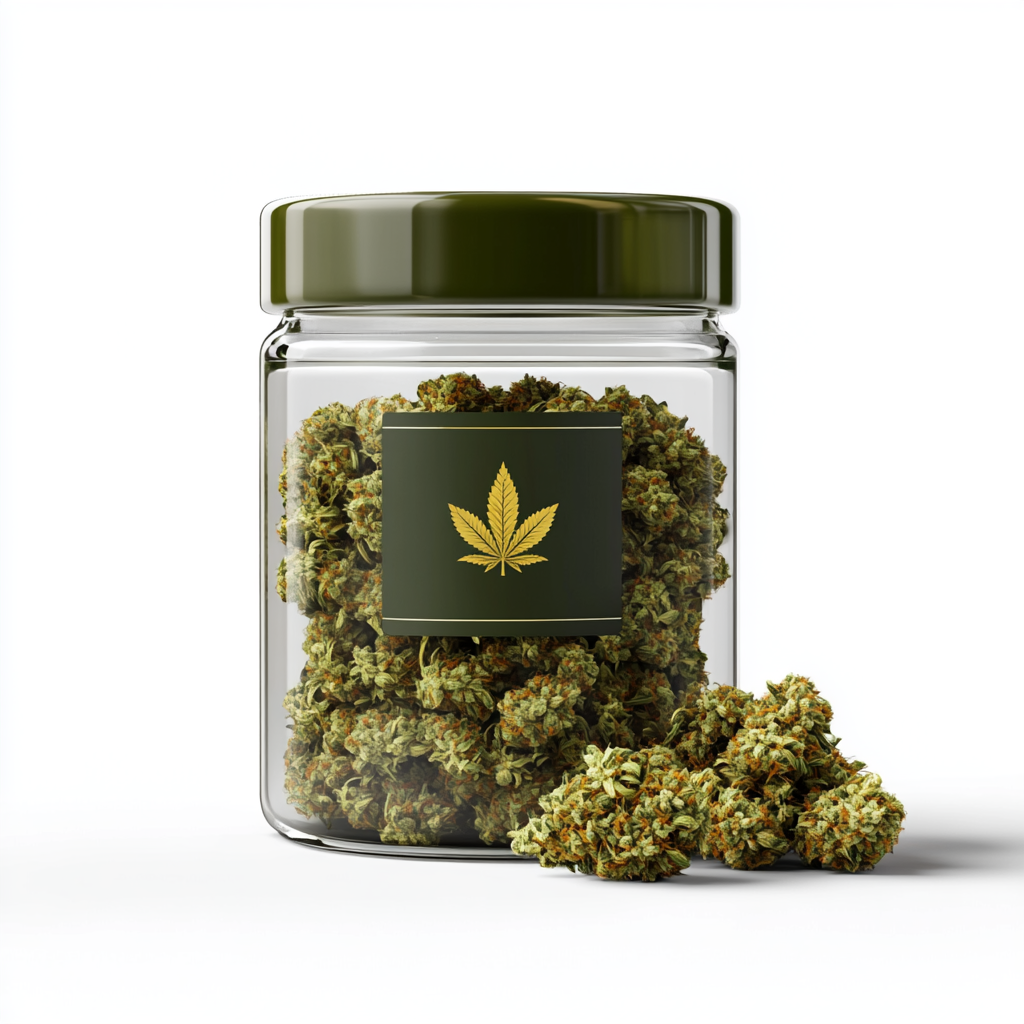Inflammation is a natural response of the body to injury or infection, but chronic inflammation can lead to various health issues. Recent studies have highlighted the potential of THCa flowers in reducing inflammation, offering a natural alternative to traditional anti-inflammatory medications.
Understanding THCa and Its Properties
THCa, or tetrahydrocannabinolic acid, is a non-psychoactive cannabinoid found in raw cannabis plants. Unlike THC, THCa does not produce a high, making it an attractive option for those seeking therapeutic benefits without psychoactive effects.
Non-Psychoactive Nature
THCa remains non-psychoactive until it is decarboxylated, a process that occurs when cannabis is heated. This property allows users to consume THCa for its health benefits without experiencing the mind-altering effects associated with THC.
Anti-Inflammatory Potential
Research suggests that THCa may possess significant anti-inflammatory properties. This potential is attributed to its ability to interact with the body’s endocannabinoid system, which plays a role in regulating inflammation and immune responses.
Mechanisms of Action
THCa’s anti-inflammatory effects are believed to stem from its interaction with cannabinoid receptors in the body. These receptors, known as CB1 and CB2, are part of the endocannabinoid system and are involved in various physiological processes.
Interaction with CB2 Receptors
CB2 receptors are primarily found in the immune system and are known to modulate inflammation. THCa’s interaction with these receptors may help reduce inflammatory responses, providing relief from conditions characterized by chronic inflammation.
Inhibition of Pro-Inflammatory Enzymes
THCa may also inhibit the activity of certain enzymes that promote inflammation. By reducing the production of pro-inflammatory compounds, THCa can potentially alleviate symptoms associated with inflammatory conditions.
Scientific Evidence and Case Studies
Several studies have explored the anti-inflammatory effects of THCa, providing evidence for its potential therapeutic applications.
Animal Studies
- A study conducted on rodents demonstrated that THCa reduced inflammation in models of arthritis, suggesting its potential for treating inflammatory joint diseases.
- Another study found that THCa decreased inflammation in the colon, indicating its possible use in managing inflammatory bowel diseases.
Human Case Studies
While research on humans is limited, anecdotal evidence from patients using THCa-rich cannabis products has shown promising results in managing inflammation-related symptoms.
Comparing THCa with Traditional Anti-Inflammatory Medications
Traditional anti-inflammatory medications, such as NSAIDs, are commonly used to treat inflammation. However, they can have side effects, including gastrointestinal issues and increased risk of cardiovascular events.
Benefits of THCa
- THCa offers a natural alternative with fewer side effects compared to traditional medications.
- Its non-psychoactive nature makes it suitable for a wider range of users, including those who wish to avoid the high associated with THC.
Limitations and Considerations
While THCa shows promise, more research is needed to fully understand its efficacy and safety in humans. Patients should consult healthcare professionals before using THCa for inflammation management.
Practical Applications and Usage
THCa can be consumed in various forms, including raw cannabis juice, tinctures, and capsules. These methods preserve the THCa content without converting it to THC.
Raw Cannabis Juice
Juicing raw cannabis leaves and flowers is a popular method for consuming THCa. This approach allows users to benefit from the cannabinoid’s properties without experiencing psychoactive effects.
Tinctures and Capsules
THCa tinctures and capsules provide a convenient way to incorporate THCa into daily routines. These products offer precise dosing and are easy to consume.
Conclusion
THCa flowers present a promising natural option for reducing inflammation. With their non-psychoactive nature and potential therapeutic benefits, they offer an alternative to traditional anti-inflammatory medications. While more research is needed to fully understand their effects, THCa’s interaction with the endocannabinoid system and its ability to inhibit pro-inflammatory enzymes highlight its potential in managing chronic inflammation. As interest in cannabis-based therapies grows, THCa may become an increasingly popular choice for those seeking natural relief from inflammation-related conditions.
